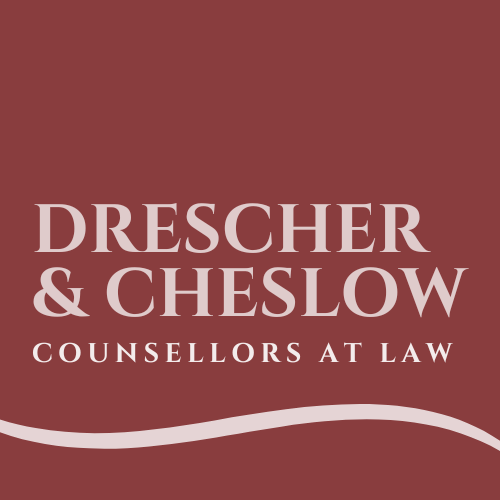Special needs individuals can take advantage of several programs and services offered by the federal…

Transferring Estate Assets for Jewish Families
Transferring assets legally and efficiently to a trust or heirs requires estate planning techniques. Jewish families have unique factors to consider when transferring wealth and assets to future generations. This article highlights important aspects of creating a Jewish estate plan.
First, it’s vital to understand the Jewish perspective on wealth and inheritance. In Jewish tradition, wealth is considered a tool for doing good in the world, and inheritance is seen as a way to continue the legacy of one’s family. This view emphasizes the importance of using wealth to benefit others and generate positive effects in the world.
Create a Will
A key part of any estate plan is a last will and testament, or simply a will, which outlines how the decedent wants their assets distributed after they pass away. A will can also name guardians for minor children and specify how debts and taxes should be paid.
When creating a will, it’s important to consider the Jewish concept of tzedakah, which means charity or righteousness. Many Jewish families choose to leave a portion of their estate to charity or other worthy causes as a way to continue their tradition of giving back to their community. By working with an estate planning attorney who understands Jewish customs, you can create a will that expresses your wishes while respecting Jewish inheritance laws.
To honor Jewish traditions while passing your along, you can use a halachic will, in addition to a standard will, to outline how you want your assets to be distributed after your death. If you choose to create a halachic will, selecting an executor familiar with Jewish laws and customs is critical. An executor is a person you name in your will who is responsible for carrying out your wishes. When choosing an executor, select someone trustworthy and competent.
Consider a Living Trust
A living trust is another estate planning tool that can be useful for Jewish families. A living trust is a legal arrangement where you transfer ownership of your assets to a trust during your lifetime. When you pass away, the assets in the trust are distributed to your beneficiaries according to your wishes.
One advantage of a living trust is that it can help your family avoid probate court, the legal process of validating a will. Probate can be time-consuming and costly, so avoiding it can save your family a lot of stress and expense.
Plan for Long-Term Care
Long-term care is a critical consideration for many families. As people live longer, there is a greater likelihood that they will need long-term care at some point in their lives. Long-term care can be expensive, so it’s imperative to prepare for it in your estate plan. This might involve purchasing long-term care insurance or setting up a trust to pay for long-term care expenses. The sooner you start planning for long-term care, the more options you will have and the more money you will likely be able to save.
Consider Philanthropic or Charitable Planning
Philanthropic planning is an important consideration for Jewish families who value tzedakah and want to make a positive contribution to the world. Philanthropic planning involves using your wealth to support charitable causes and organizations that align with your values.
There are many ways to incorporate philanthropy into your estate plan, such as creating a charitable trust or leaving a portion of your estate to charity in your will. Philanthropic planning can be a powerful way to continue your legacy and make a difference in the world.
Start the Estate Planning Process
Estate planning is a critical consideration for Jewish families who want to ensure that their assets are transferred to future generations in a thoughtful way and in accordance with Jewish traditions. An estate planning attorney who understands Jewish law and conventions can help create estate plans that align with your values and leave a meaningful legacy.
We hope you found this article helpful. If you have questions or would like to discuss a personal legal matter, please contact our office at 732-972-1600. We look forward to the opportunity to work with you.
This article offers a summary of aspects of estate planning. It is not legal advice and does not create an attorney-client relationship. For legal advice, you should contact an attorney.



